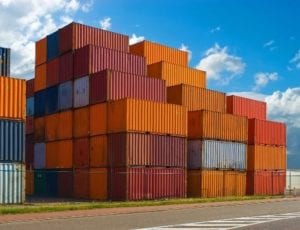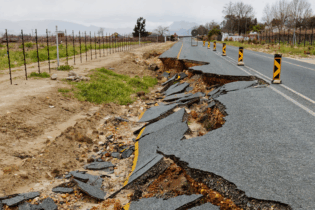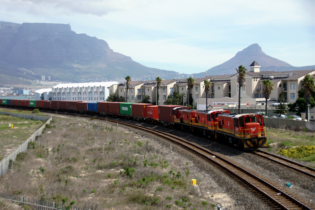Cost savings and a greener supply chain are just some of the benefits that have been achieved by British American Tobacco South Africa (BATSA) as a result of a “container triangulation” initiative implemented in partnership with Imperial Logistics group company Imperial Cargo Solutions.
Container triangulation is the process of converting import containers to export containers, explains Etienne du Plessis, general manager at Imperial Cargo Solutions, and it is through this process that BATSA has reduced the high logistics costs in its inbound supply chain. Outlining the industry’s logistics challenges, Du Plessis notes that the manufacturing of cigarettes and other tobacco related products in South Africa requires numerous materials, including raw tobacco, filters, wrapping and packaging materials. “Many of these elements are sourced and imported from around the globe. The final tobacco products are then exported from SA to various end markets. The import of the different elements required by BATSA, and the export of its final tobacco products, is undertaken by shipping lines, with the Durban port primarily used as the point of entry and exit. The high logistics costs involved in the inbound supply chain include shipping line charges; road transport of containers from Durban to BATSA’s facility in Heidelberg; road transport of empty containers to the shipping line container facility in City Deep; and empty container return fees. In addition, should a container be returned later than the agreed time, demurrage charges would be applied”. Together, Imperial Logistics and BATSA investigated ways to reduce the total cost and environmental impact of logistics in BATSA’s supply chain, and an obvious solution was container triangulation.BATSA enjoyed immediate cost savings after this project commenced. Du Plessis elaborates: “Over a one year period, a total of 324 containers have been triangulated, which has resulted in significant cost savings to BATSA. The triangulation process is ongoing, and with the business having on average 1 600 imported containers and 1 800 exported containers per annum, it is evident that only a small portion of the potential savings have been captured during the first year of operations.”
In addition to financial gains, BATSA is also reaping operational benefits. “The company now has the ability to execute urgent order requests from end markets, since there is a ‘pool’ of available containers. BATSA’s export OTIF (on-time in-full) compliance has also been boosted, and there is less risk of containers not being available during peak periods,” he reports. “Forty foot containers are generally in very high demand in the Gauteng area, and availability could not always be assured in the past.” A key benefit from an environmental point of view is that substantially less distances are travelled to collect or return empty containers. “During the first year of container triangulation, heavy vehicle travelling distance has been cut by approximately 45 000km,” states Du Plessis. “By implementing this solution, BATSA has also been able to minimise the risk of incurring demurrage costs for the late returns of empty containers,” he concludes.






